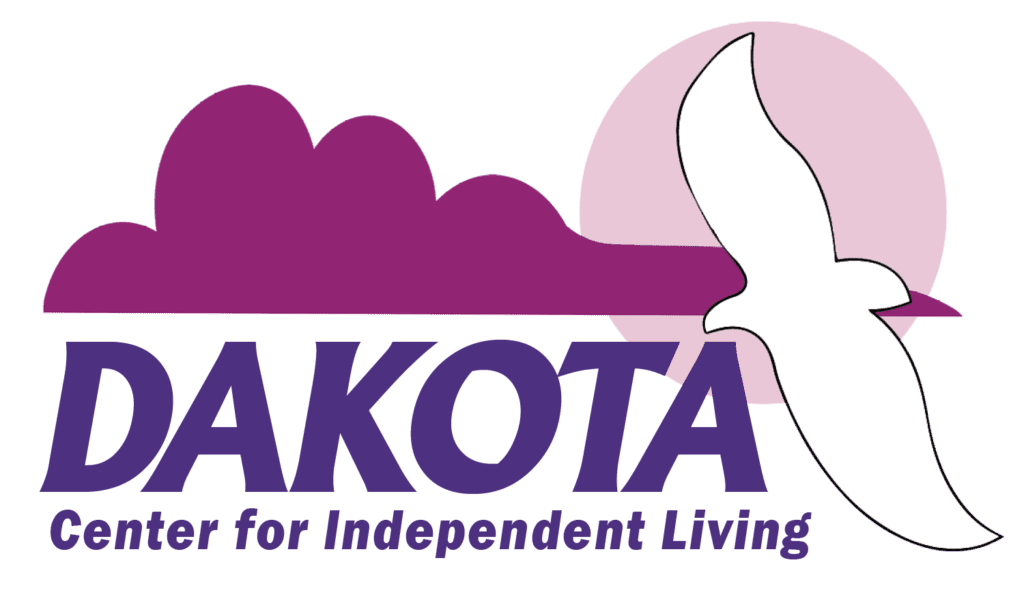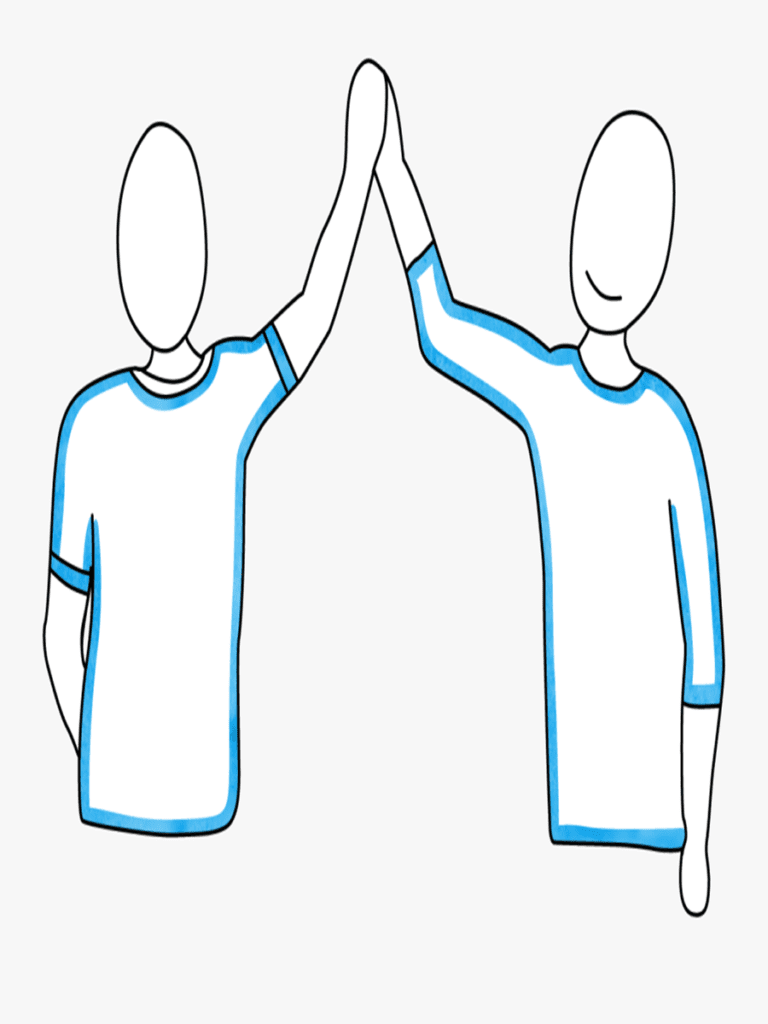How to be a Good Ally
By Carly Findlay, writer, speaker, appearance activist
How to be a good ally when a disabled person you’re with receives stares, questions, comments and discrimination
” How do allies respond to the stares, questions, comments and discrimination disabled people receive?”
This is a question I get a lot – especially from new friends, as well as new parents of kids of Ichthyosis. (Ichthyosis is a condition that causes widespread and persistent thick, dry, “fish-scale” skin)
It can be quite confronting and upsetting – and it’s hard to know what to do. Seeing the person you love receive intrusive questions and be ridiculed is hard, especially when it’s relentlessly cruel.
My parents were always quick off the bat with “she was born this way” or “no, she’s not sunburnt” when I was little. Mum once told me she left me outside a shop in my pram (it was the early 80s!) and she came back to a few people gawking at me! I know.
Adam took a little time adjusting to the stares, questions and comments that I get. He commented that it was really noticeable, but now he rolls his eyes with me, or says funny things back.
Personally, I don’t love being spoken for, I can usually hold my own. I don’t want a friend or family member or colleague to provide an explanation about my appearance or skin condition.
But I do like it when the person I’m with speaks up to say that the behavior is rude, and also when they acknowledge what happened to me. Like “I hate to see this happen to you, are you ok?”. I have a really fond memory of a former manager asking if I was ok after some discrimination happened to me – he said he didn’t know what to do to make it better, but just the acknowledgment that it was shit was enough. I also had a stranger on a tram call me an Uber after rude mother daughter pair refused me a seat as I didn’t have a card to prove I am disabled.
So here are some tips from me:
- A stranger doesn’t have the right to know a disabled person’s diagnosis or medical history – even when asking about access provisions.
- Have some responses up your sleeve – like “it’s none of your business” or “please don’t be so rude”.
- You don’t have to be polite – especially if the person with the questions and comments isn’t polite.
- The disabled person is not a teachable moment – don’t divulge more info about them than you would yourself.
Parents – you don’t need to tell a stranger your child’s medical history. This can set up an expectation for the child to do the same.
If you witness a discriminatory incident, offer assistance in lodging a complaint.
I know this can be a really confronting thing for the ally to witness, especially if they’re a parent and they’re constantly on the receiving end of it/their child can’t speak for themselves. I definitely recommend getting some counselling and talking it through with a trusted friend.
I get stared at so much – it’s been nearly 40 years of it – that I don’t tend to notice if it’s not overt. Please don’t point it out to me if you’re noticing it. Just let me enjoy my day.
It’s also not helpful as an ally to tell your friend how hard it is to watch this happen, or that you didn’t know what to do, or now you too have experienced discrimination – especially if you’re not going to make a concerted effort to help remove the ableism as an ally.
Don’t stop going to a place or doing a thing because you’ve experienced ableism – that only makes the disabled person feel they’re the trouble. Work on asking the venue/event organizers to make it a safer space.
And it definitely isn’t acceptable to stop seeing your friend because the ableism they receive is too much for you to handle. (I’ve had this happen.)
And the most important thing is, to tell the disabled person that they’re worthy, that they aren’t the sum of the rude comments and questions being thrown at them, and that you love them. Make it known that they are loveable, even when they feel they’re not.

